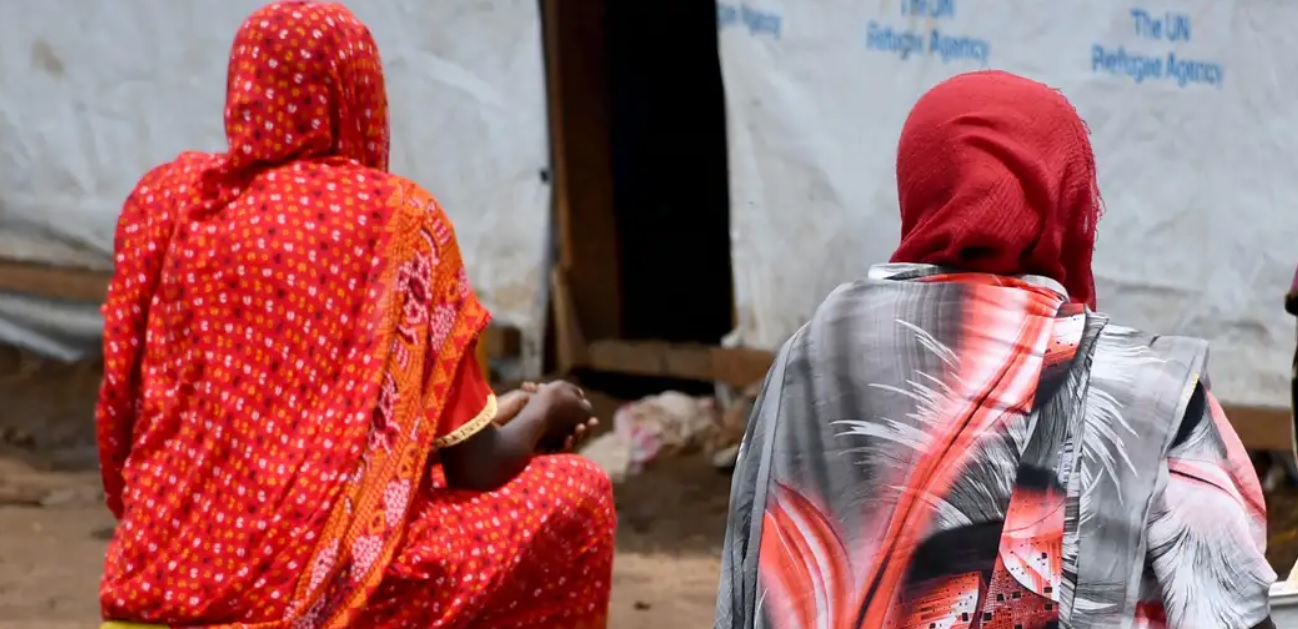
Six Months of Loss in Sudans War
By Thanaa Abdeen
Six months have passed since the outbreak of war in Sudan, between the army and the Rapid Support Forces. 198 days have elapsed, during which killing, destruction, and displacement have continued in the capital Khartoum and some areas in Darfur and Kordofan regions.
The war has seen over 9,000 deaths and the displacement of about 6 million citizens, in addition to material losses exceeding 65 billion dollars.
Sudan lost a lot in these six months. The capital Khartoum was turned into a military barracks. Its citizens left and became displaced people and refugees in neighboring countries, creating catastrophic conditions. The infrastructure collapsed, and human dignity was violated. Bodies lay on the streets; some were buried in their homes, and others died of hunger, fear, and terror.
The war has entered its seventh month, and the outcome is still unknown. Children and school students face a bleak future. Children are the most affected by this war. According to the numbers, there are 19 million children who do not receive education, access to safety, and psychological support. Additionally, 14 million children do not have access to basic services for survival. More than 3 million children are exposed to the risk of epidemics and diseases.
Despite all this, both sides of the conflict remain stubborn in their positions, refusing to listen to reason, while calls to stop the war and sit down for negotiations are growing. A group of political and civil forces has issued statements renewing the call to stop the fighting and resort to peace. The Forces of Freedom and Change have expressed their fear of the war spreading to the states that have remained safe and affirmed in their statement that the Jeddah platform is the available option to put an end to the fighting.
The victims of the war from the citizens are the most demanding for its cessation. Many of those I met insisted that peace is necessary.
Mrs. Umm Ayman, one of the displaced to Kassala State, spoke with much pain, saying that she is more concerned about the future of her three primary school-aged children than about what she lost in terms of property. With tears in her eyes, she wondered if they would return to their schools and added, ``We cannot migrate.``
As for Ryan Madani, a young woman who had not completed her first year in her new job in the private sector when the war broke out, she said, ``I did not expect the war to last this long. I thought it was just a matter of days and we would return to Khartoum, but the armys promises are never trustworthy.`` She added, ``Now my mother and I are looking for solutions to adapt to this new situation.`` She continued, ``I have lost my identity, my shelter, and my job; my future is gone.``
Suha and Maab, two university students, tried to integrate into the society of the state they had fled to and chose to volunteer with the Red Crescent in Kassala to count the displaced.
Suha said she feels lost and has no future since she has been in university for seven years due to the countrys circumstances. She added, ``Despite settling in Kassala, I dont feel I belong here,`` as she longs for Khartoum. Suha seemed worried about the possibility of the war spreading to Kassala, and this concern has been haunting her continuously.
For her part, Maab confirmed that the situation in Khartoum is getting worse. She said, ``We are the victims. I lost two members of my family due to the lack of healthcare for them.`` She seemed resigned to the situation, saying, ``We are trying to adapt to this situation.``

